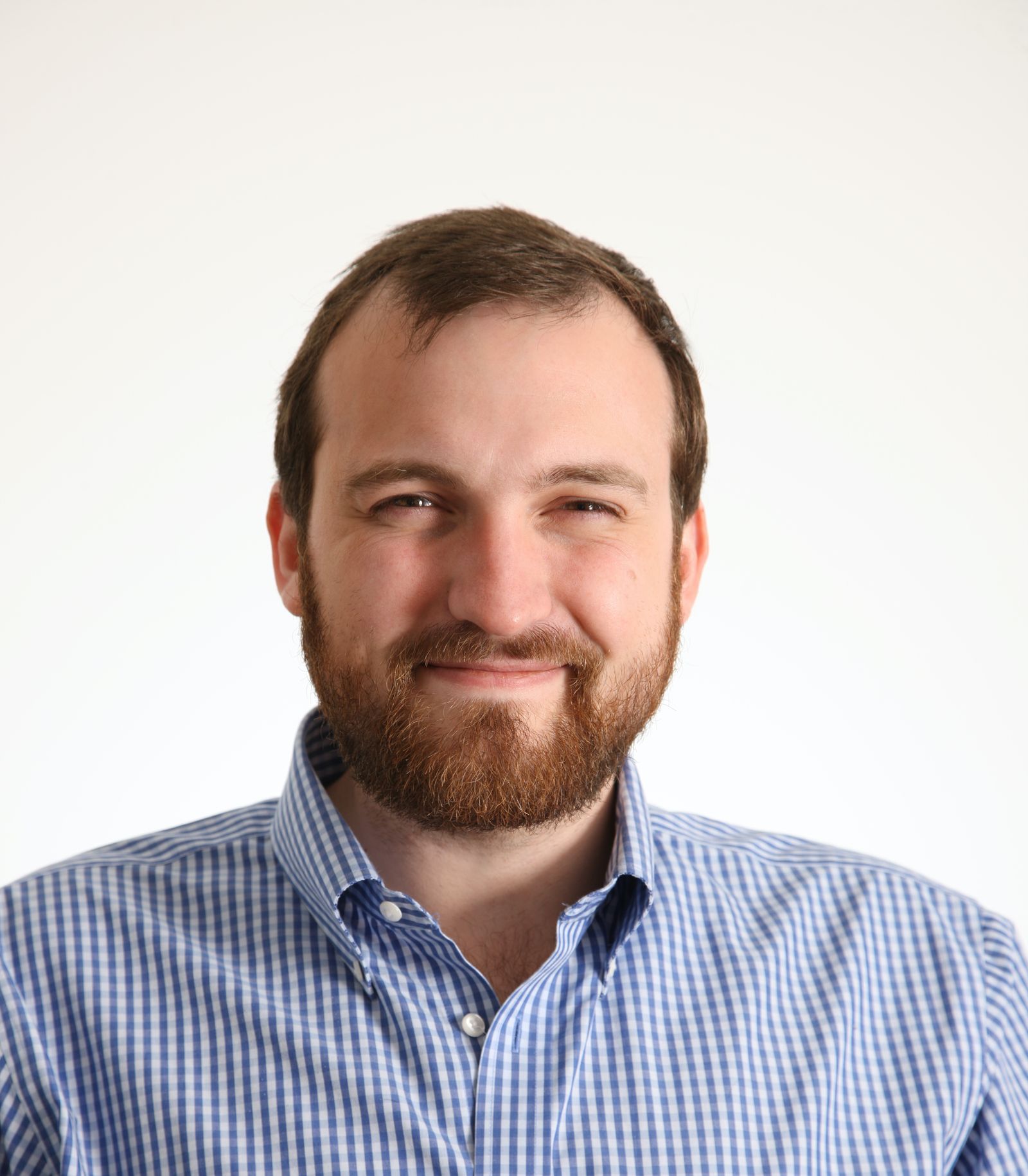Technological change has always been one of the largest dividers between developed and developing countries. The scientific heavy-hitters have traditionally included the most economically powerful nations. According to the World Bank, every year, the United States, Germany, and Japan all spend upwards of 2.8 percent of GDP on research and development. However, global economic development in the 21st century has spurred increased investment in research and development worldwide, as science and technology have become increasingly critical in the global economy. The African continent has begun to take part in this growing sector as well, at a time when new infrastructure in education has created a promising young scientific workforce. Leaders in academia and industry now seek to mobilize these bright young minds towards a unifying rallying cry: “African solutions to African problems.”
The historical disadvantages faced by Africa’s economic and educational systems are well-known. The political and economic withering of colonialism left most of Africa’s new independent states struggling with violent political upheavals and devastating resource scarcities, allowing little stability or development. In the 21st century, Africans across the continent are changing that narrative. Contemporary South African artist Mary Sibande, globetrotting Nigerian speaker and novelist Chimamanda Ngozi Adichie, and millionaire Sudanese-British philanthropist Mo Ibrahim are carving out spaces for African players by claiming the spotlight. This new do-it-yourself strategy has certainly unified the continent economically and politically. Originally a mantra strongly associated with the African Union, “African solutions to African problems” has come to apply to science as well, bridging industries, academics, and political thinkers in a wave of professional development and educational investment.
Many leaders in academia and industry have taken an international and collective approach that seeks to mobilize a new generation of policymakers, scientists, and engineers towards solving Africa’s problems, from unemployment and limited education to the looming crisis of climate change and sustainable development. For decades, numerous institutions and initiatives have been working on the training and professional development of scientists and researchers on the continent, including the network of African Institutions of Science and Technology in Sub-Saharan Africa. Other such networks across the continent, including the African Institute for Mathematical Sciences and the African School of Fundamental Physics and its Applications, select and train small classes of African students at various locations across the continent, furthering the collectivization of Africa’s scientific assets.
However, due to the centralization of major journal readerships in the United States and similar countries, African researchers at these newer institutions receive little global exposure for their work. In an industry where patents and publications not only legitimize research areas but also make or break careers, invisibility is a large obstacle to professional growth. Economic and political opportunity ultimately drive many trained individuals to emigrate, contributing to brain drain on a massive scale.
In order to stem the outflow of trained talent, leaders in the scientific community are promoting the African solutions approach through action as well as rhetoric. The Scientific African, a pan-African peer-reviewed journal, was launched in 2018 to circulate, promote, and highlight African research within the continent and around the world. It is being published by the Next Einstein Forum (NEF), an initiative of the African Institute for Mathematical Sciences (AIMS), which has worked to connect African science and policy with the global scientific community, particularly through the empowerment of young people. Recently, the organization coordinated an Africa Science Week to unify the continent in the pursuit of scientific development. These efforts continue to represent the energy growing on the continent for a scientific renaissance. In the words of the NEF: “We believe the next Einstein will be African.”
In addition to advocacy organizations, experts in various fields speak about untapped potential. In a 2019 interview about the latest IPCC global warming prediction report, Arona Diedhiou, Senior Research Director at the French National Research Institute for Development, argued that “For a long time, there has been a gulf between the sustainable development options suggested at the international level and the local African realities…. It is time for a paradigm shift in order to propose solutions for Africa, developed by Africans.” And describing the climate challenges that face the continent in the coming years, Diedhiou also stressed the possibility of educating and energizing young people.
While these institutions, organizations, and leaders have been instrumental in the growth of professional development, it is important to consider their drawbacks. By perpetuating the selection and elevation of “the best of the best,” these systems have the potential to exacerbate brain drain on a local level. Well-trained scientists cannot achieve progress without comparably valued support teams, laboratory facilities, and financial investments; they can easily relocate to where those resources are available. But all is not lost. To bolster R&D infrastructure, the African scientific community has a couple of unexpected advantages: a rapidly growing population of young people hungry for education and employment, and the pressure of climate change necessitating innovative solutions.
Despite what the rest of the world may believe, Africa’s scientific aspirations are only growing as the 21st century goes on. In spite of the political and economic hardships embedded in the fabric of the continent’s history, leaders are turning the page. The African Renaissance is upon us. What a wondrous world it will bring.




